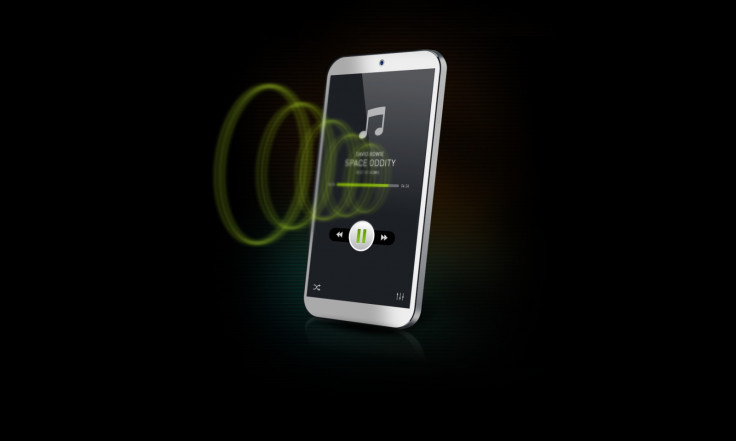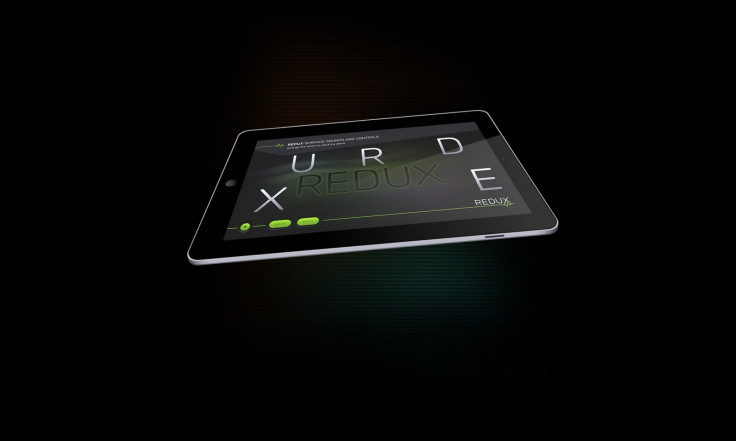'Breakthrough' bending wave technology turns your smartphone's display into one big loudspeaker
Redux believes its technology could replace traditional smartphone speakers in as little as 2 years.

Never mind getting rid of the headphone jack – what if your next mobile phone came without a speaker? It seems like an unthinkable proposition, however according to one company this could be the future of smartphone audio.
UK-based tech firm Redux has developed a new type of surface audio technology which it claims removes the need for the frequently underwhelming micro speakers found in smartphones by instead channelling sound through the display.
Labelled ''bending wave'' technology, the solution uses tiny actuators to vibrate the screen of a smartphone and turn it into one big loudspeaker.
Redux is using the same technology to bring advanced haptic feedback to mobile devices, which it believes is sophisticated enough to remove all need of physical buttons and allow for truly ''all-screen'' gadgets.
The system, which Redux has already applied to PCs and in-car infotainment systems, uses signal processing algorithms to direct tactile sensations at specific touch points throughout a device's display.
Actuators then deliver different effects to different fingers simultaneously, with the result being a "feeling of pressing a mechanical button or moving a slider control underneath your fingertips on the screen with button click effects coming directly from the display."
The solution offers practical benefits, too. For one it makes mobile devices easier to waterproof – less holes means less change of moisture ingress, after all – meanwhile the lack of speaker apparatus means there is more space inside the device for other components.

"Our technology enables smartphone manufacturers to reclaim valuable space within phones, which could be filled by a bigger battery," said Redux CEO Nedko Ivanov. "Moreover, our surface audio technology is more power efficient than traditional micro speakers, which means people can play music and watch videos on their phones for longer between charges."
Redux believes its solution could find its way into mobile devices in as little as two years and could eventually kill off smartphone speakers entirely. The company has launched a programme to let developers get to grips with its technology, which it claims is based on over 20 years of research and some 150 patents.
© Copyright IBTimes 2025. All rights reserved.






















